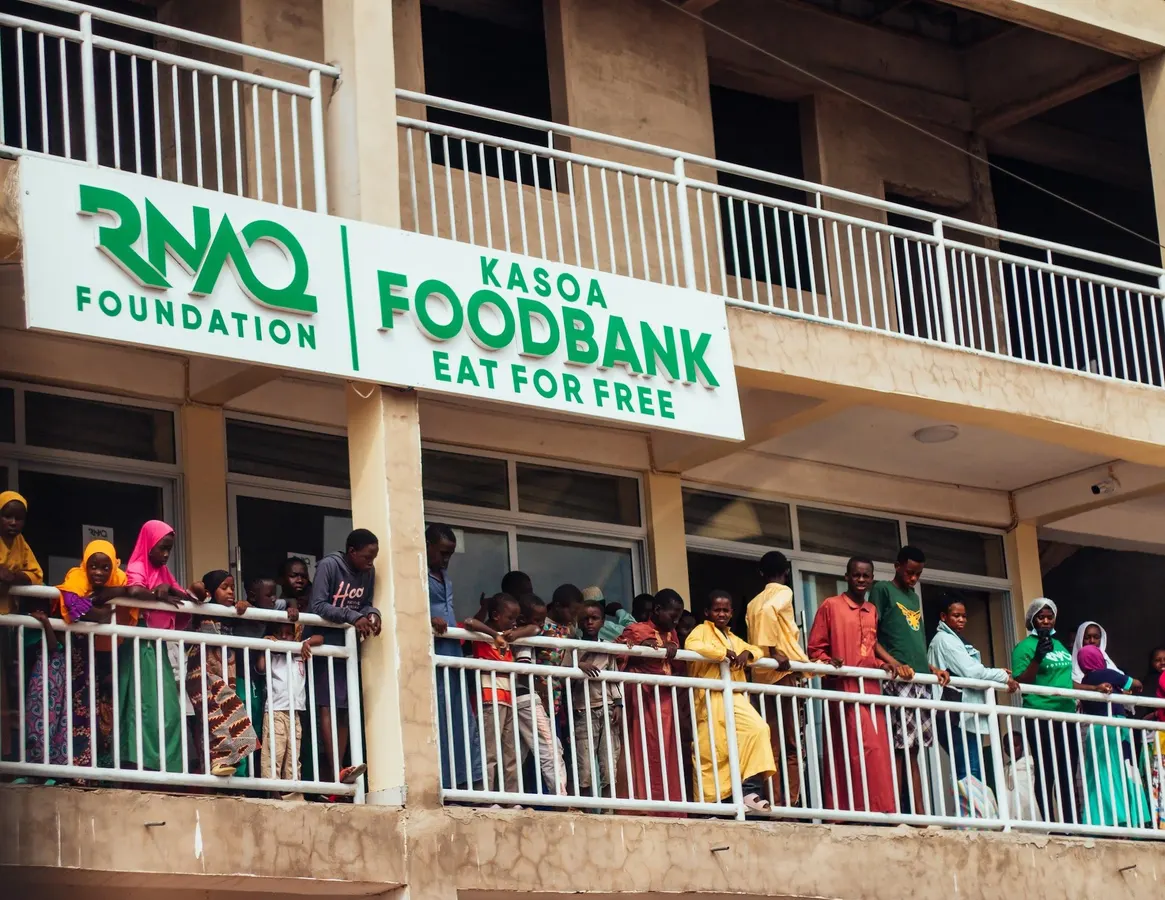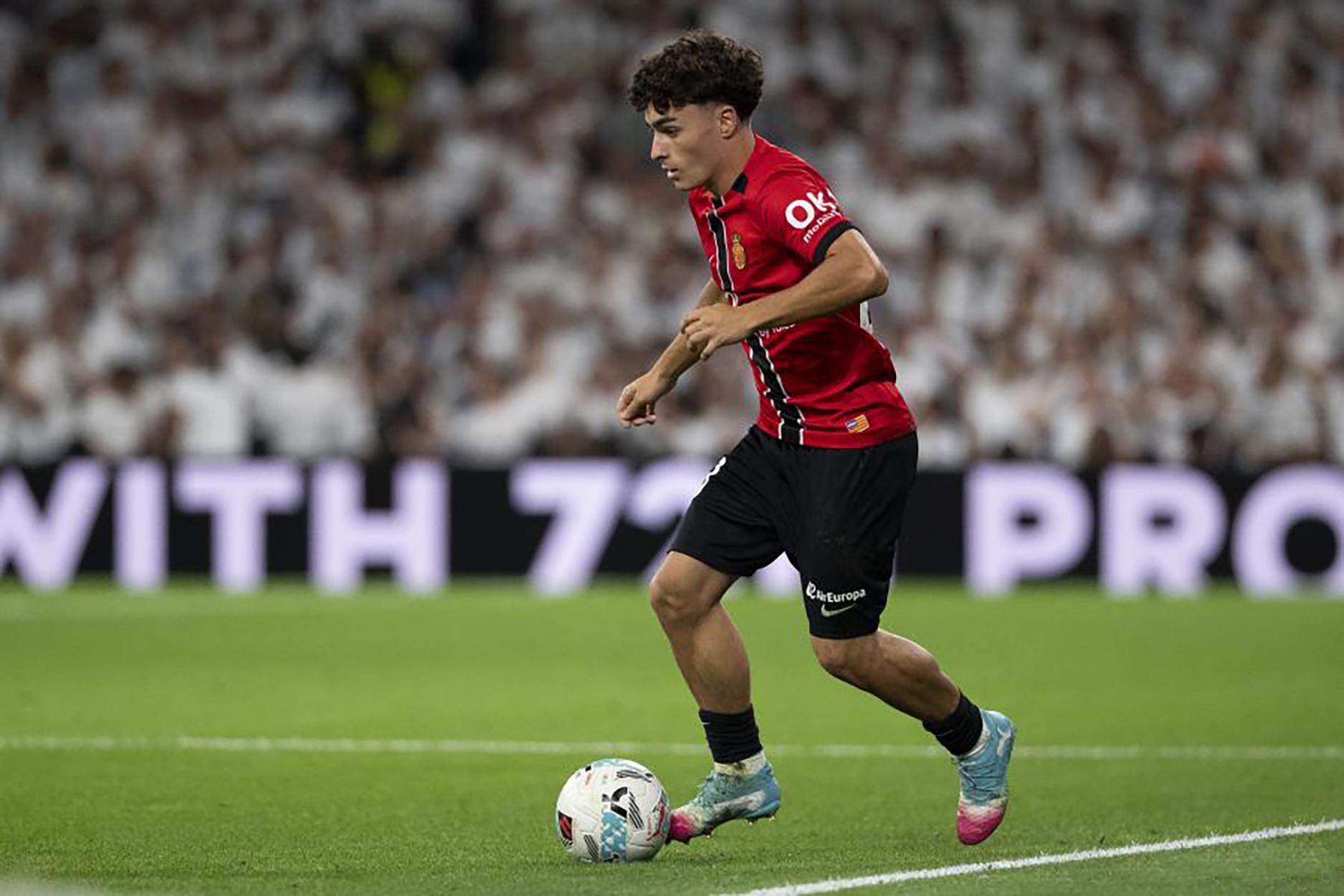By Martie Bowser
Copyright forbes

From the endless rows of vendors at the splendidly chaotic Makola Marketplace to the storefronts of global brands such as Clarks and Sony in the Accra Mall, Ghana’s capital embodies a harmonious blend of traditional heritage and modern entrepreneurial energy.
Located in the southern region of Ghana, Accra is rapidly evolving into a beacon of innovation, culture and economic opportunity in West Africa. The Greater Accra Metropolitan Area’s current population is approximately 4 million, with Accra accounting for around 2.7 million. The city’s booming trade, commerce, tourism and services sectors have fueled a projected annual 2% population increase, positioning Accra as one of Africa’s fastest-rising self-sufficient hubs.
At the forefront of this transformation is Ghanaian businessman Richard Nii Armah Quaye, founder of RNAQ Holdings. Quaye’s intentional investment in the people of Ghana has sparked development across industries, directly benefiting both local and international communities.
“We all don’t have the same blessings,” Quaye told Forbes of his mission-minded vision to help small businesses that form the backbone of Ghana.
Through his credit lending company, Bills Microcredit, Quaye has been funding small to mid-sized enterprises since 2009, when he was just 24 years old. He says his company has disbursed more than 7.5 billion Ghana Cedis (GHC) in loans to over 300,000 businesses and manages over 70% of lending funds in the Ghanaian market, making it the largest non-banking financial institution in the country.
His focus on credit stems from understanding its critical role in Ghana’s economy. “80% of the citizens trade. If that segment is neglected, our economy will come crashing down.”
Trade has been central to Ghana’s cultural identity for centuries. Roadside merchants, market vendors and small storefront owners are not only vital to the economy but also key to the country’s global appeal. These businesses preserve heritage while creating opportunities for generational wealth in the very communities where Quaye said he saw an “extreme void.”
With initiatives like 2019’s “Year of the Return” and the year-ending “Detty December” celebrations, Ghana—especially Accra—has drawn significant global interest, further highlighting its economic and cultural growth.
Recognizing this momentum, Quaye launched Quick Angels Limited in 2019, Ghana’s first institutionalized angel investor company. “I wanted to go beyond providing debt and provide equity because young businesses and young entrepreneurs equally struggle to access funding from our commercial banks,” he said.
Quick Angels’ investments cut across culinary, healthcare and creative sectors. Chickenman-Pizzaman, a fast food chain founded in 2018, expanded to more than 100 locations across Ghana after Quaye’s 2021 investment, making it the largest fast food brand in the country and creating jobs for over 2,000 youth. Sankofa Natural Spices elevates Ghana’s agrarian roots by promoting indigenous spices now available in several US grocery stores.
“When you invest in an individual in the business space, you are investing in the nation… Those companies alone have over 1,000 employees today,” Quaye said. Sankofa also provides housin
g, transport and complimentary healthcare for staff, while Tigon Creative Studios nurtures Ghanaian media talent and Ridge Medical Center expands healthcare infrastructure.
“There’s always a misconception that businesses in Africa, specifically in Ghana, cannot build national and global businesses,” Quaye said. He added that many of the continent’s biggest successes have grown under non-African leadership, a narrative he is determined to change. “The locally built businesses aren’t doing so well… that is something that I want to disrupt and stand as a testimony that as Africans, as Ghanaians, we are capable of building businesses from scratch and grow them to become continental.”
For Quaye, success is measured not just in profit but in purpose. Businesses that represent Ghana globally must have “drive and purpose behind the mission” and “fill a void for the people.”
That philosophy underpins his latest venture, the RNAQ Food Banks. “I came from a very impoverished background. I came from a place where there are times when you struggle to eat,” he said. “I know how it feels to be hungry. I’ve been hungry before.”
Since opening on August 1, 2025, RNAQ Food Banks have served more than 17,000 Ghanaians across five locations, offering free meals daily. For Quaye, this is not charity but infrastructure for dignity and stability.
Every venture—whether finance, food, healthcare or philanthropy—circles back to one guiding principle: building Ghana from within and proving its place on the global stage. “When you invest in an individual in the business space, you are investing in the nation,” he said.
Unlike many entrepreneurs who export wealth abroad, Quaye reinvests in his homeland. “Nation building depends on all of us. If we’re doing this, if we’re going this way, we won’t build our country,” he explained. “Your success has to impact the life of so many people in your country. Until you successfully do that, then you are not truly successful.”
As he shifts into the role of board member and silent partner, Quaye’s legacy lies in replication. “I must create and replicate people like me so that they can also replicate themselves… and that’s how we build a country,” he said.
“Legacy is not measured by wealth or recognition but by the ripple effect of empowered Ghanaians shaping industries, feeding their own communities and telling their own stories across the globe.”



